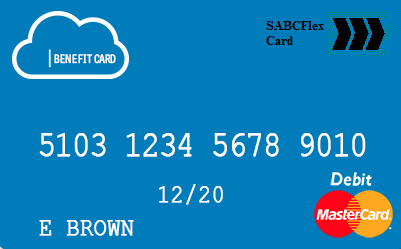HEALTH SAVINGS ACCOUNTS (HSA’s)
WHAT IS AN HSA AND WHO CAN HAVE ONE?
An HSA is simply an IRA type account established to pay for qualified medical expenses. HSAs may be established for an individual or a group of employees. In either case, to be eligible for an HSA you must have coverage under a high deductible health plan (HDHP). The following clarifies the type of HDHP coverage necessary in order to be eligible for an HSA.
Single Coverage – the annual deductible must be at least $1,650 with an out of pocket maximum not to exceed $8,300 for 2025. There can be no benefits paid until the deductible is met, with the exception of preventative coverage.
Family Coverage – the annual deductible must be at least $3,300 with an out of pocket maximum not to exceed $16,600.
CONTRIBUTIONS AND LIMITS
For the plan year you may contribute into the HSA up to $4,300 for single coverage and $8,550 for family coverage (indexed for 2025). Individuals and/or employers both may contribute funds to the HSA for a tax savings. Employer contributions must be nondiscriminatory. Employees hired after the beginning of the year can contribute the full amount for the year. However, employees failing to participate for the entire subsequent tax year, must include as taxable wages the portion of the contribution attributable to the months that the individual was not HSA eligible and is subject to a 10% penalty.
Employee contributions may be through a salary reduction agreement under a cafeteria plan. This allows employees to see the immediate tax savings and employers to save the matching FICA on employees contributions. Individuals 55 or older may make additional contributions of $1000 for 2025.
HSA SET UP AND DISTRIBUTIONS
Since HSA’s are like an individual IRA type account, the participant owns the account. Meaning the account remains with the individual in the event of a job change and/or change in health coverage. The funds must also be entrusted with a bank, Life Insurance Company or other qualified trustees.
Distributions do not have to be adjudicated by the trustees or any other third party. The individual may simply request funds for eligible expenses as needed and as funds are available. Individuals would have to declare at year end that all distributions were for eligible medical expenses. Any funds received from the HSA for non-eligible expenses would be subject to income taxes and a 20% penalty.
ADVANTAGES
· Unused funds can roll over and build up for future years;
· Claims do not have to be adjudicated by a third party in order to be reimbursed;
· COBRA continuation premiums and long term care premiums may be paid out of the HSA;
· Employers can make contributions for employees on a tax favored basis.
If you are interested in establishing a HSA, and have questions or need guidance, please feel free to contact us.

